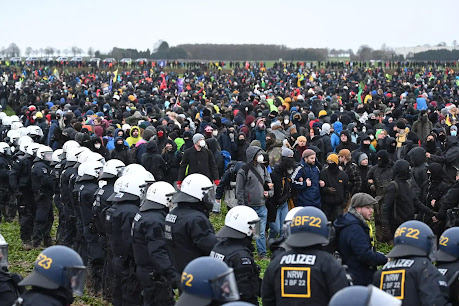Adrian Hedden, Carlsbad Current-Argus
Sat, January 14, 2023
New Mexicans in every region of the state allegedly opposed storing high-level nuclear waste in their state, according to a recent poll, as a New Jersey company hoped to build a facility to do so near Carlsbad.
The poll, commissioned by Albuquerque-based Southwest Research and Information Center in a partnership with the Center for Civic Policy surveyed 1,015 voters across the state from Dec. 7 to 14.
It found 60 percent of those surveyed were in opposition to the project, with 30 percent supporting and 10 percent undecided.
More:Legality of nuke waste storage at Texas, New Mexico border questioned during court hearing
Holtec International applied in 2017 for a license from the federal Nuclear Regulatory Commission (NRC) to build and operate what it called a consolidated interim storage facility (CISF) in a remote area near the border of Eddy and Lea counties.
Last year, the NRC published its final environmental impact statement (EIS), contending the project would have little impact on the environment, and recommending the license be issued.
The CISF would temporarily store up to 100,000 metric tons of spent nuclear fuel rods, expected to be brought into the site via rail from nuclear power plants around the country through a 40-year license with the NRC.
More:What is consent? Nuclear waste site near Carlsbad opposed by State, supported by locals
The 1,000-acre plot of land where the facility would be built was owned by the Eddy-Lea Energy Alliance, a consortium of local leaders from the cities of Carlsbad and Hobbs, and Eddy and Lea counties.
The Alliance recruited Holtec and set up a revenue-sharing agreement with the company once the CISF goes into operations.
Despite the poll, Holtec officials argued the project was largely supported by New Mexico, after spokesman Gerges Scott said representatives traveled to local governments throughout the state.
More:Nuclear repository partners with Holtec to transport waste to federal site near Carlsbad
Ed Mayer, Holtec project manager of the CISF said the company had adequate support for the project, after he and other representatives met with local leaders and first responders both around the site and along the rail lines.
“We are educating the affected populations, not only from the facility perspective in southeast New Mexico, but from a state perspective on the rail lines,” Mayer said. They asked very thoughtful questions on the project and how the project would positively or negatively affect their communities. I’m able to address all of their concerns.”
‘Local support’ for nuclear waste conflicts with recent poll
Leaders from four southeast New Mexico governments supported the project, arguing it would bring economic diversity to the oil- and gas-dependent Permian Basin region.
More:Feds push plan to dispose plutonium using nuclear waste repository near Carlsbad
Carlsbad Mayor Dale Janway, a supporter of the project, argued the poll appeared biased against Holtec’s proposal after the city’s initial review.
“Our preliminary review of this survey certainly indicates that it was highly biased and not an objective method of obtaining feedback,” Janway said in a statement.
Mayer questioned the poll question itself, specifically a passage that said, “Experts predict that up to 13 accidents will occur during the 10,000 rail shipments.”
More:Lawmakers demand reparations for New Mexicans imperiled by nuclear bomb testing
He pointed to the NRC’s EIS, and a section that said while there could be up to 13 accidents amid the shipments, the likelihood of them being severe was “one in 10 trillion.”
Even in a severe accident the NRC “concluded no release of (spent nuclear fuel) would occur,” read the EIS.
“Unsubstantiated is that an accident will harm human health and the environment. It seems disingenuous. If you’re going to put a poll together, it should be a substantiated question,” Mayer said.
“The opposition said each of those accidents will cause a release of radioactive material. That’s just not the case.”
More:Nuclear history in New Mexico celebrated in national stamp collection, despite impacts
But opponents, including Southwest Research – a frequent critic of Holtec and the nearby Waste Isolation Pilot Plant repository for transuranic (TRU) nuclear waste – maintained the project would bring an undue risk to New Mexicans nearby and Americans along the waste transportation routes.
That’s why opposition was spread across political parties, gender and ethnicity, said Nuclear Waste Program Manager Don Hancock at Southwest Research and Information Center.
The poll showed more than half of those surveyed in the region were against the project, with opposition also coming irrespective of political affiliation.
More:New Mexico seeking input on nuclear waste permit for repository near Carlsbad
About 70 percent of Democrats polled opposed Holtec, along with 51 percent of Republicans and 55 percent of Independents.
When broken down by gender, more men supported the project than women, according to the poll.
A majority of Republican men polled were in favor at 51 percent, while 61 percent of Republican women were against the project, read the poll.
More:Air projects at nuclear waste repository near Carlsbad move forward after delays
White men were mostly for the project overall at 49 percent of voters polled in favor, while 71 percent of white women were against.
Hispanic men and women both mostly opposed the project at 51 and 78 percent against, respectively read the poll.
Central, northeast and southwest New Mexico showed opposition of 60 percent or more, while more conservative regions in the southeast and northwest showed 57 and 56 percent against, respectively, the poll showed.
More:Nuclear waste sits undisposed at site near Carlsbad as feds figure out what to do
Critics argue storing nuclear waste puts undue risk on New Mexico
Hancock said the poll showed temporary nuclear waste storage was not supported by New Mexico voters, arguing it was opposed through decades of proposals like Holtec’s.
“I’m not surprised by the results because for more than 45 years New Mexicans have strongly opposed high-level waste in New Mexico, whether the waste is proposed for the Waste Isolation Pilot Plant in the 1970s and ‘80s, for Mescalero Apache land in the 1990s, or by Holtec,” he said.
Opposition to the project also came from some of New Mexico’s highest-ranking state officials, and its Congressional delegation, with New Mexico Gov. Michelle Lujan Grisham calling the proposal “economic malpractice” for its potential, she said, of imperiling nearby oil and gas and agriculture industries.
More:Nuke waste rules proposed for Carlsbad-area site critiqued by watchdogs, local leaders
U.S. Sen. Martin Heinrich (D-NM) co-sponsored a bill introduced in the U.S. Senate last year to block any federal funds from supporting such a project.
At the state level, New Mexico Sen. Jeff Steinborn (D-36) was a lead opponent of Holtec’s in the Legislature.
While Texas lawmakers recently passed a bill to ban high-level waste storage in their state, Steinborn said New Mexico policymakers should consider a similar measure to prevent the project coming to fruition.
“From the very beginning this has been a dangerous plan pushed on New Mexico, with real risks for all of our communities, and no end in sight,” Steinborn said. “It's time for this project to be canceled and be replaced by the federal government committing to a true consent based siting process for the permanent storage of this waste.”
Adrian Hedden can be reached at 575-628-5516, achedden@currentargus.com or @AdrianHedden on Twitter.
This article originally appeared on Carlsbad Current-Argus: Nuclear waste project in New Mexico opposed in recent statewide poll





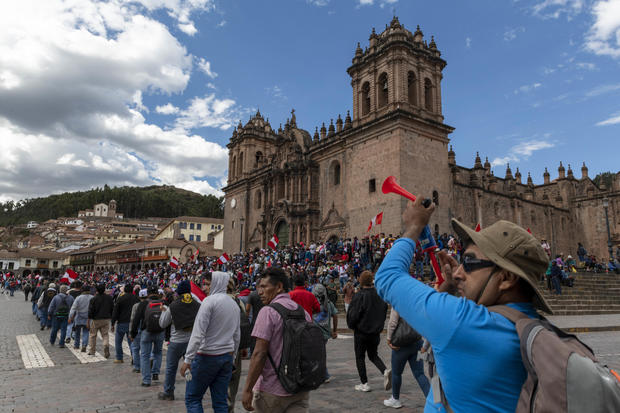
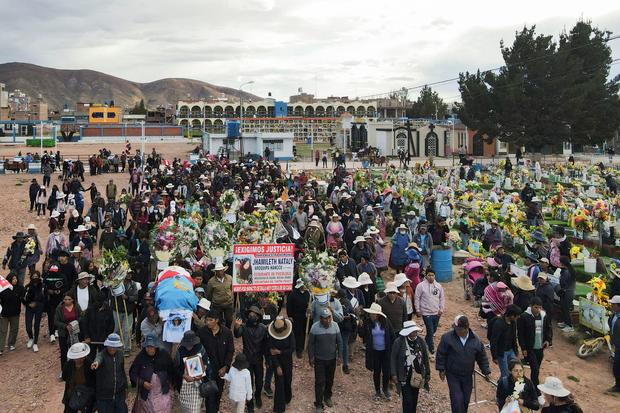
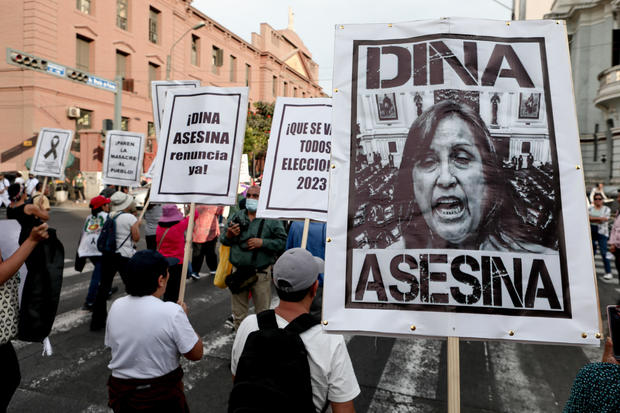
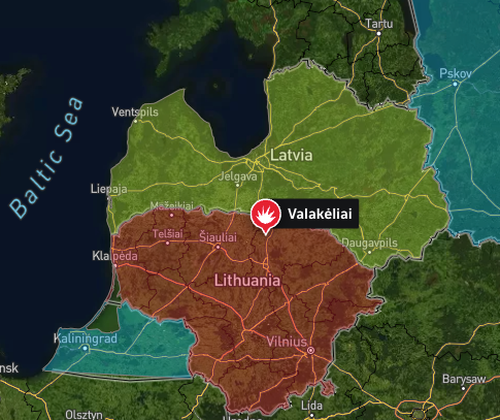


.jpg)


